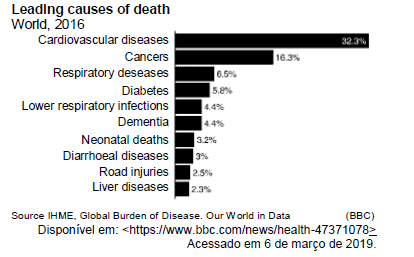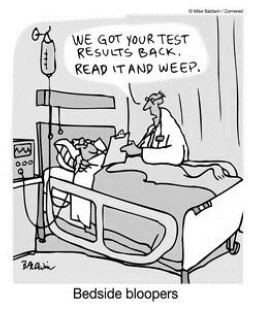How Sleep Strengthens Your Immune System
Numerous studies have reported the benefits of a good night’s sleep, and now researchers from Germany have found that sound sleep improves immune cells known as T cells.
“T cells are a type of… immune cells that fight against intracellular pathogens, for example virus-infected cells such as flu, HIV, herpes, and cancer cells,” Stoyan Dimitrov, PhD, told Healthline.
The study found a new mechanism through which sleep can assist the immune system.
“We show that the stress hormones adrenaline and noradrenaline and pro-inflammatory molecules prostaglandins inhibit the stickiness of a class of adhesion molecules called integrins,” Dr. Dimitrov said. “Because the levels of adrenaline, noradrenaline, and prostaglandins are low during sleep time, the stickiness of the integrins is stronger. This stickiness is important because in order for T cells to kill virus-infected cells or cancer cells, they need to get in direct contact with them, and the integrin stickiness is known to promote this contact.”
When cells in the body recognize a virally infected cell, they activate integrins, a sticky type of protein, that then allows them to attach to and kill infected cells.
The researchers compared T cells from healthy volunteers who either slept or stayed awake all night.
They found that in the study participants who slept, their T cells showed higher levels of integrin activation than in the T cells of those who were awake.
The findings indicate that sleep has the potential to improve T cell functioning. For people who get poor sleep, stress hormones may inhibit the ability of T cells to function as effectively.
Less than five hours sleep per night on a regular basis is associated with higher mortality, and having less than seven hours sleep for three nights in a row has the same effect on the body as missing one full night of sleep.
Poor sleep can increase inflammation, blood pressure, insulin resistance, cortisol, weight gain, and cardiovascular disease, as well as decrease blood sugar regulation.
Despite numerous studies proving the negative health impacts of poor sleep, experts say many people still don’t prioritize getting enough sleep.
Adaptado de: <https://www.healthline.com/health-news/how-sleepbolsters-your-immune-system#The-bottom-line> Acessado em 21 de fevereiro de 2019.







